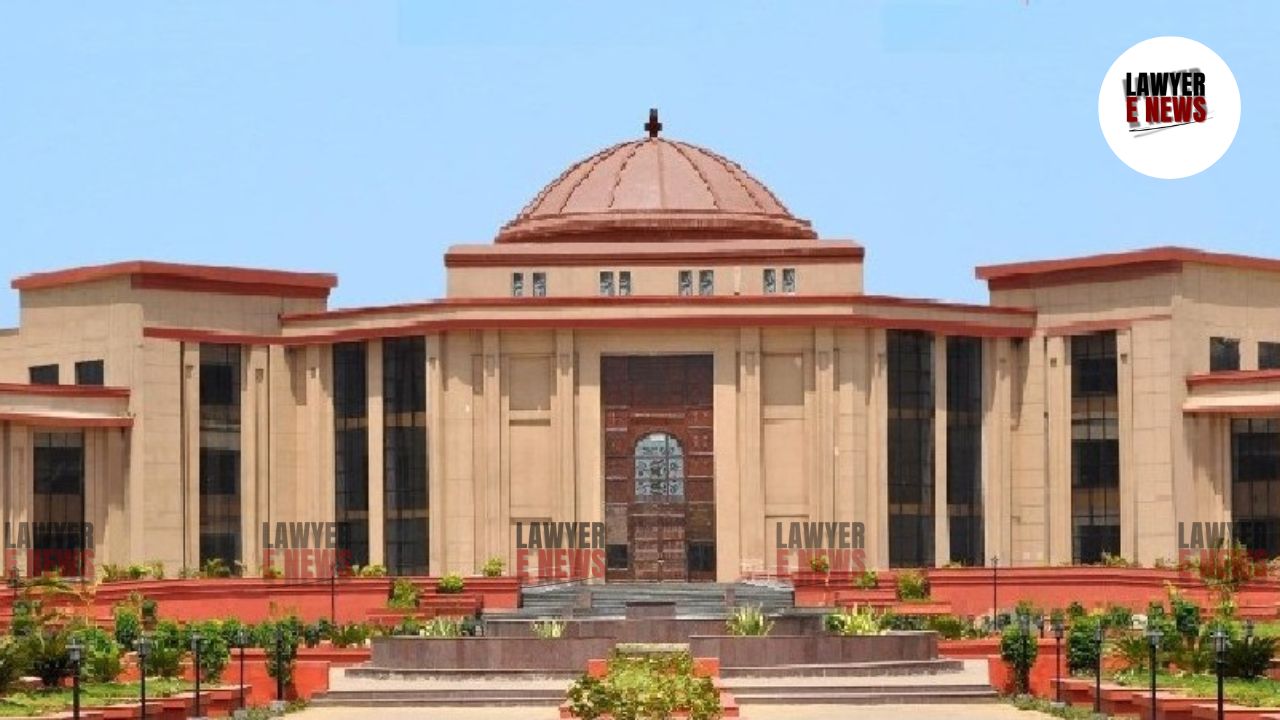-
by Admin
15 February 2026 5:35 AM



High Court of Chhattisgarh in the case of B. Sonu v. State of Chhattisgarh (CRA No. 550 of 2020) acquitted the appellant accused under Sections 376(3), 363, and 366 of the IPC, and Section 6 of the POCSO Act. The court ruled that the prosecution failed to prove that the prosecutrix was below 18 years of age and found her to be a consenting party.
The case arose from an incident on December 13, 2014, where the prosecutrix, aged 15, was allegedly abducted and raped by the accused, B. Sonu. The prosecutrix's father reported her missing, and she was later recovered from the appellant's possession. The appellant was charged under Sections 363, 366, and 376 of the IPC and Sections 5(L) and 6 of the POCSO Act.
The central issues were whether the prosecutrix was below 18 years at the time of the incident and whether she consented to the appellant's actions. The prosecution relied on the school admission register to establish her age, while the defense argued that the evidence was insufficient and that the prosecutrix was a consenting party.
The prosecutrix testified about the appellant's alleged use of force and her abduction. However, contradictions emerged during her cross-examination, where she admitted willingly accompanying the appellant on a motorcycle. The court found several discrepancies in her statements and noted her apparent consent to the appellant’s actions.
Regarding the prosecutrix's age, the court cited the Supreme Court judgments in Manak Chand alias Mani v. State of Haryana and Birad Mal Singhvi v. Anand Purohit, emphasizing that the school admission register's entry lacked evidentiary value without supporting testimony or documentation. The court found that the birth certificate was not duly proven, and the parents could not provide a clear basis for her recorded date of birth. As a result, it concluded that the prosecutrix's age was not conclusively proven to be below 18.
Given the lack of definitive proof of the prosecutrix's age and evidence of her consent, the court ruled that the prosecution failed to establish the charges under the IPC and POCSO Act. The trial court's judgment was set aside, and the appellant was acquitted.
The Chhattisgarh High Court acquitted B. Sonu, finding that the prosecutrix was a consenting party and that her age was not conclusively proven to be below 18. This case underscores the importance of reliable evidence in determining the age and consent in sexual offense cases under the POCSO Act and IPC.
Date of Decision: September 13, 2024
B. Sonu v. State of Chhattisgarh
